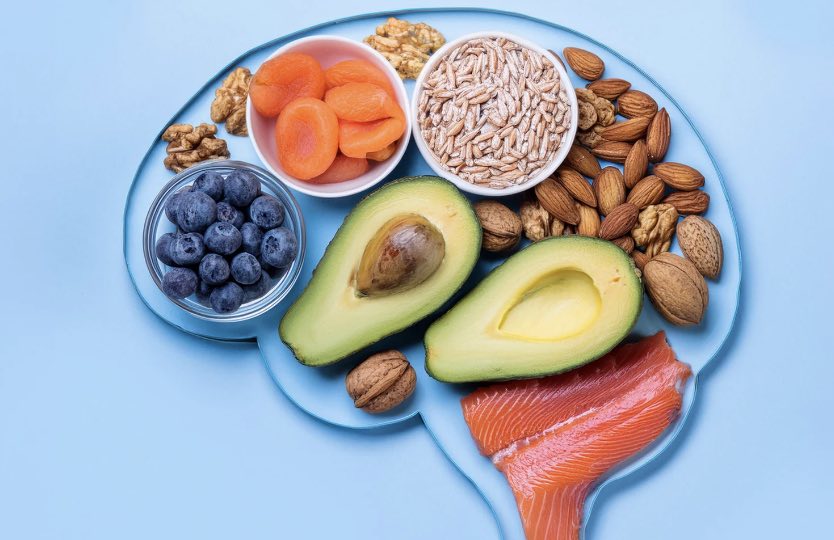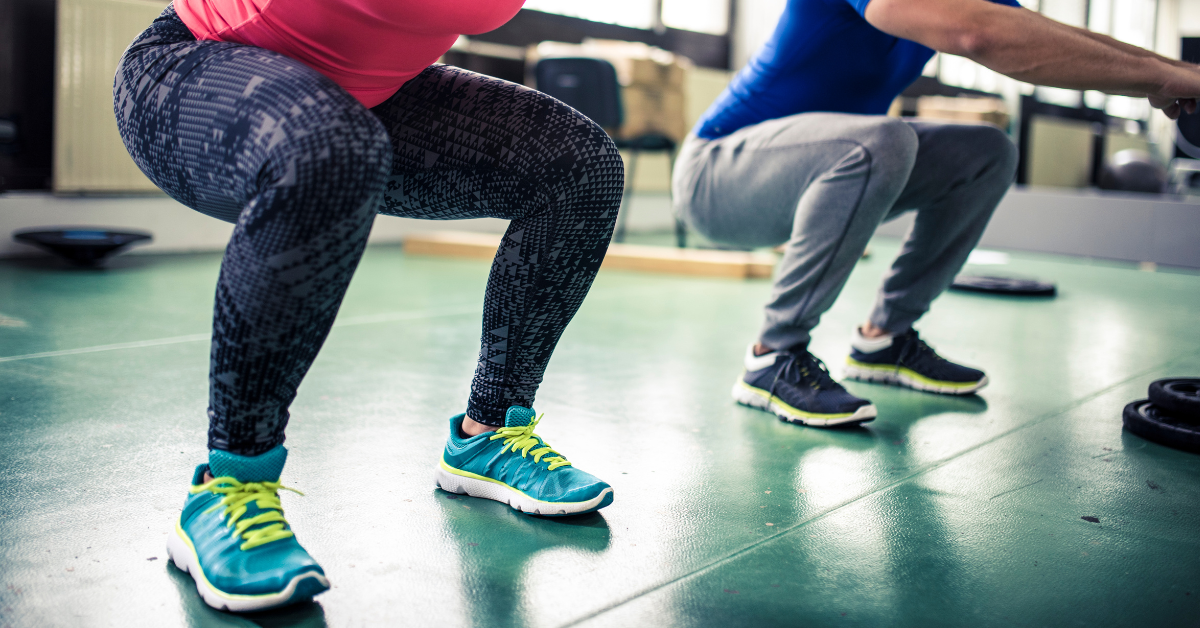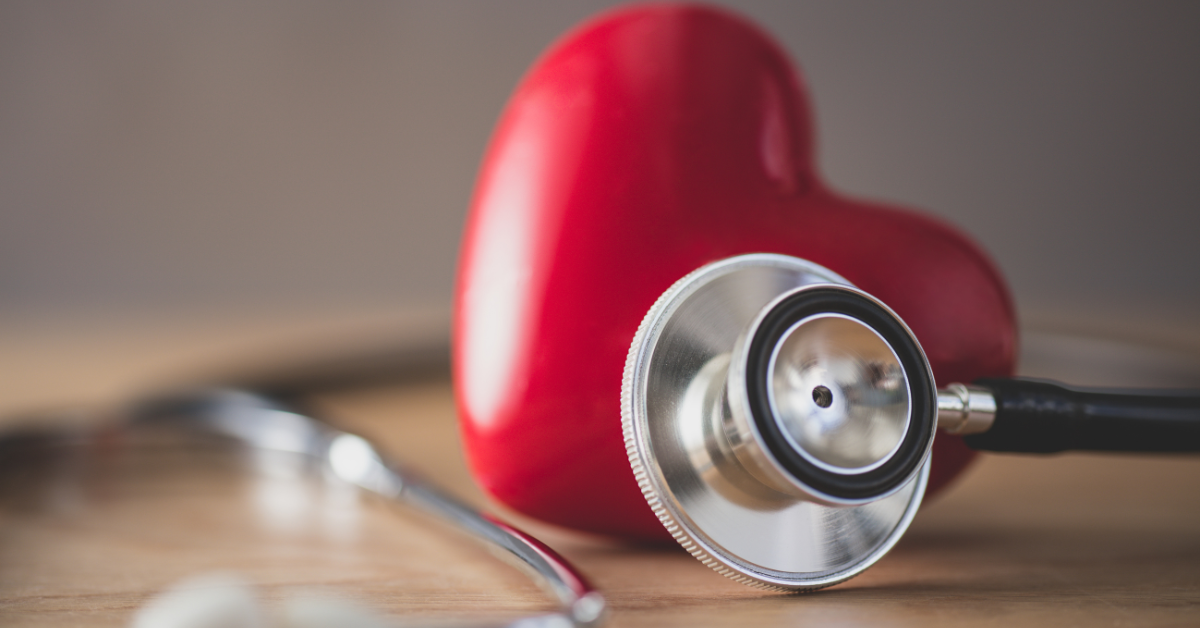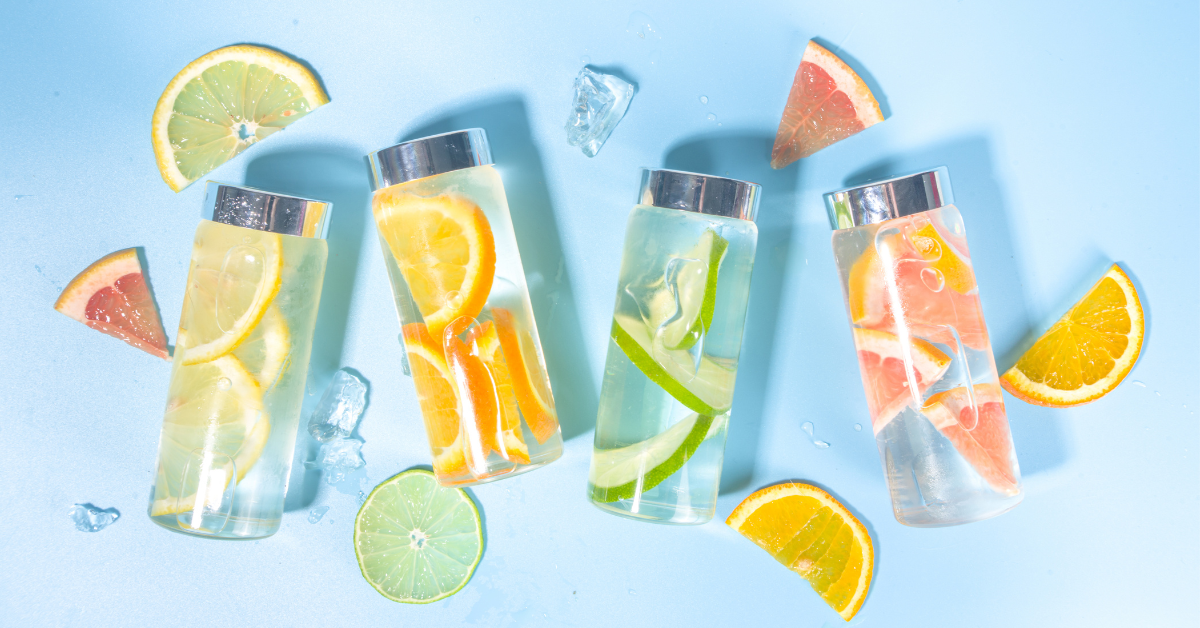
We know that certain foods make us feel good, and certain foods make us feel bad. We know that some foods are good for our body in that they give us energy and that some foods will make it harder for us to fit into our favorite pair of jeans…but is there more to the story? Could what we eat affect our brains? The way we think and feel and remember?
The truth is a resounding YES! The foods that we eat—and don’t eat—can impact everything from our memory to our reaction time. Just like our muscles need fuel to function, so does our brain, and our brain pulls most of its fuel and energy from what we eat and drink.
In young people with developing brains, diet can be especially important. Children and adolescents who ate a balanced diet including fruit, vegetables, and protein were less likely to report having symptoms of ADHD, anxiety, depression, and chronic fatigue (Killgore and Yurgelun-Todd, 2006).
Of course, what we eat can have an effect on our brain, no matter our age.
Anxiety is one of the most prevalent and chronic mental disorders plaguing Americans today, and diets high in trans fats were shown to increase anxiety (anxious behavior) in animal studies. In a similar vein, when people tried to get off diets that were very high in saturated and trans fats, they experienced the symptoms of withdrawal, which actually increased the amount of anxiety they felt. [So if you are trying to quit your high-fat diet, know it’s not going to feel good for a while, but keep at it!] So diets high in unhealthy, saturated, and trans fats aren’t great for our health—mental or physical—but what about the s-word? What about sugar?
Animal studies looking into the effects of a diet high in carbohydrates and sucrose (sugar) showed that in only 3 weeks, the brain produced less BDNF, a key factor known to be important for learning and memory formation (Molteni et. al. 2002). Diets high in sugar have also been known to produce sluggishness and a kind of ‘brain fog,’ especially in developing children who are sitting in the classroom all day. Studies have also shown that high-calorie, carbohydrate-rich diets can reduce our brain’s plasticity—meaning its ability to change and adapt and form new connections.
But you can also be proactive in protecting your brain!
The brain is especially susceptible to what scientists refer to as ‘oxidative’ damage, which is probably why diets high in antioxidants have become so popular when it comes to overall brain and body health. Increased brain oxidation is often found in those with dementia and Alzheimer’s disease, and foods like berries, beans, artichokes, russet potatoes, nuts, and dark green vegetables can help to protect against brain oxidation. A recent study has also shown that a diet supplemented with blueberries was shown to help increase object recognition memory—basically our ability to recall the things that we’ve seen (Goyarzu et. al. 2004). How cool is that!
This is only a brief overview of the effect of diet on brain health—think of it as a preview to a much longer movie. I would encourage you all to go out and do your own research (especially if you’ve suffered from some of the diseases I’ve listed above!). To help you along, I’ve included a table below of nutrients that help promote brain health, and what foods you might find them in.
One study that I was reading went so far as to say, “ By the same token, popular dietary prescriptions that might help to reduce weight do not necessarily benefit the physiology of the body or the mind.” (Gómez-Pinilla, 2008), and I don’t think I can put it any better than that. Over the years, popular ‘fad’ diets have come in and out faster than we can count them, and, by the time we’ve realized some of the negative effects of the diet, we’ve already been eating that way for a long time. So, remember! Listen to your body, don’t be swayed by the latest fads, and help fuel your brain for today, tomorrow, and the years to come!











